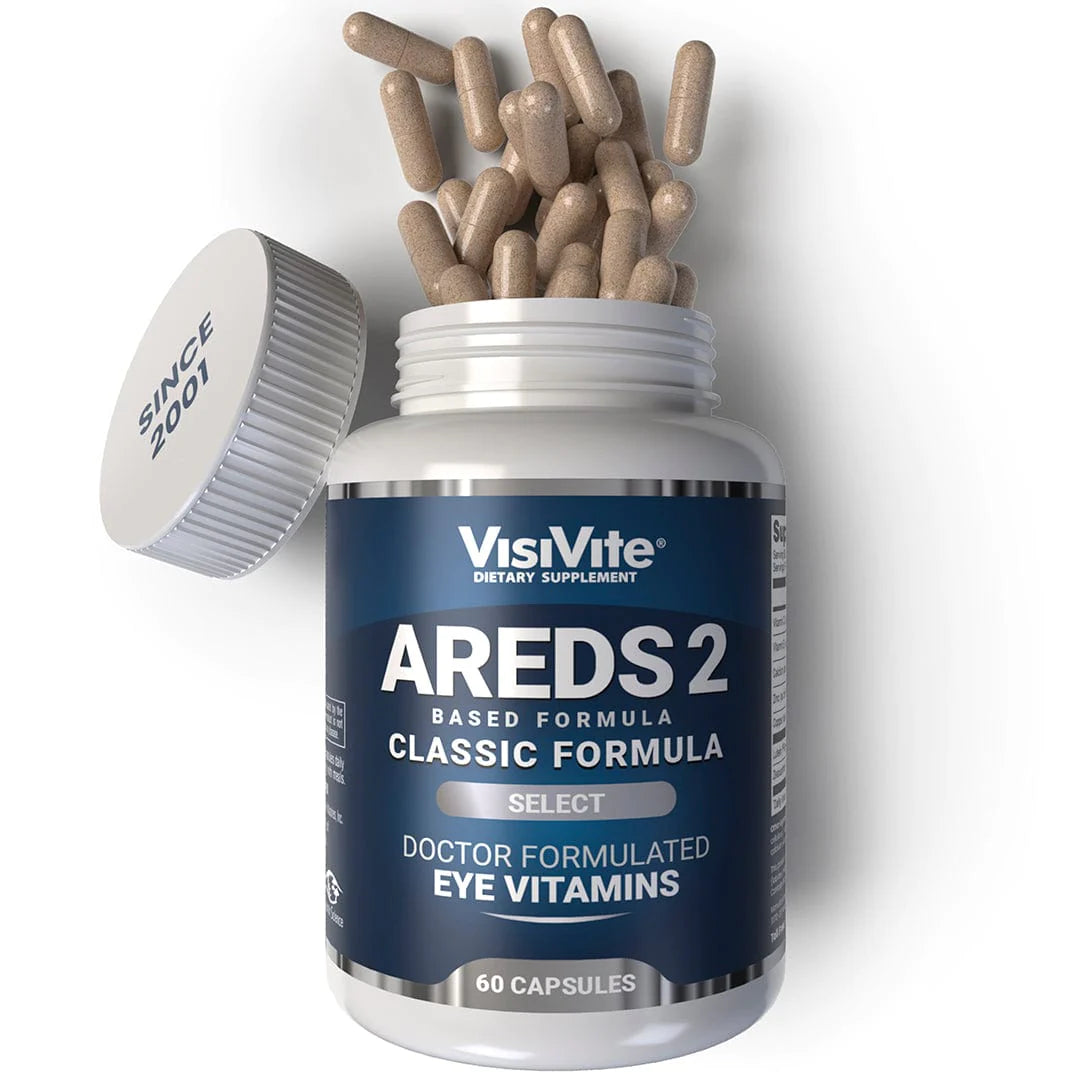AREDS 2 (Age-Related Eye Disease Study 2) was a clinical trial sponsored by the National Eye Institute, aimed at investigating the effects of nutritional supplements on age-related macular degeneration (AMD) and other eye conditions. The original AREDS study in 2001 found that certain dietary supplements reduced the risk of AMD progression. AREDS 2, published in 2015, sought to refine these findings and investigate additional nutrients. However, it is crucial to understand potential drug interactions when considering any supplement regimen, including those recommended by AREDS 2.
Understanding Drug Interactions:
Drug interactions occur when one medication affects the activity of another medication, altering its effectiveness or causing unexpected side effects. This can happen through various mechanisms, including changes in metabolism, absorption, distribution, or elimination of drugs from the body.
AREDS 2 Supplement Components:
The AREDS 2 formulation consists of antioxidants and vitamins, including:
- Vitamin C (500 mg)
- Vitamin E (400 IU) - Although IU (International Units) were used to describe the formula, Vitamin E is now designated in mg (milligrams) Naturally-sourced Vitamin E from plant oils contains 268 mg, whereas synthetically-sourced Vitamin E only contains 180 mg.
- Lutein (10 mg)
- Zeaxanthin (2 mg) - Zeaxanthin is available as naturally-derived, for example from marigolds, and it contains all right-right molecule configurations.
- Zinc (25-80 mg, as zinc oxide) - AREDS 2 found no significant difference comparing low versus high daily zinc in the formula.
- Copper (1-2 mg, as cupric oxide) - counteracts the chance of a zinc-induced anemia.
Potential Drug Interactions:
While the components of the AREDS 2 formulation are generally considered safe, certain medications may interact with these supplements:
-
Anticoagulants (Blood Thinners): Vitamin E, found in most AREDS 2 formulations, may increase the risk of bleeding when taken with anticoagulant medications like warfarin (Coumadin) or antiplatelet drugs such as aspirin or clopidogrel. VisiVite offers an AREDS 2 formulation without Vitamin E.
-
Mineral Oil and Orlistat: These substances may interfere with the absorption of fat-soluble vitamins like vitamin E and may potentially reduce the effectiveness of the AREDS 2 supplement.
-
Bisphosphonates: Zinc, a component of AREDS 2, may interfere with the absorption of certain bisphosphonate medications used to treat osteoporosis, such as alendronate (Fosamax) or risedronate (Actonel).
-
Antibiotics: Some antibiotics, such as tetracycline and quinolones, may bind to minerals like zinc, reducing their absorption. Separating the intake of antibiotics and the AREDS 2 supplement by a few hours may minimize this interaction.
-
Thiazide Diuretics: Thiazide diuretics, often used to treat high blood pressure, can increase urinary excretion of zinc, potentially leading to zinc deficiency if taken with the AREDS 2 formulation.
-
Iron: Iron supplements may reduce the absorption of zinc, as they compete for the same absorption pathways in the body. Taking iron supplements separately from the AREDS 2 formulation may help mitigate this interaction. Copper is in the AREDS 2 formulation to counteract this tendency.
Conclusion:
Before starting any new supplement regimen, including the AREDS 2 formulation, it's essential to consult with a healthcare professional, especially if you are taking other medications. Healthcare providers can evaluate potential drug interactions and make appropriate recommendations to ensure the safe and effective use of supplements alongside existing medications. Additionally, individuals should inform their healthcare providers about all medications, including over-the-counter supplements, to prevent adverse effects and optimize treatment outcomes.
References:
- Age-Related Eye Disease Study 2 Research Group. "Lutein + zeaxanthin and omega-3 fatty acids for age-related macular degeneration: the Age-Related Eye Disease Study 2 (AREDS2) randomized clinical trial." JAMA 309.19 (2013): 2005-2015.
- National Institutes of Health. "Dietary Supplements: What You Need to Know." NIH Office of Dietary Supplements.
- Dietary Supplements: A Framework for Evaluating Safety.Institute of Medicine (US) and National Research Council (US) Committee on the Framework for Evaluating the Safety of Dietary Supplements.
Washington (DC): National Academies Press (US); 2005.














